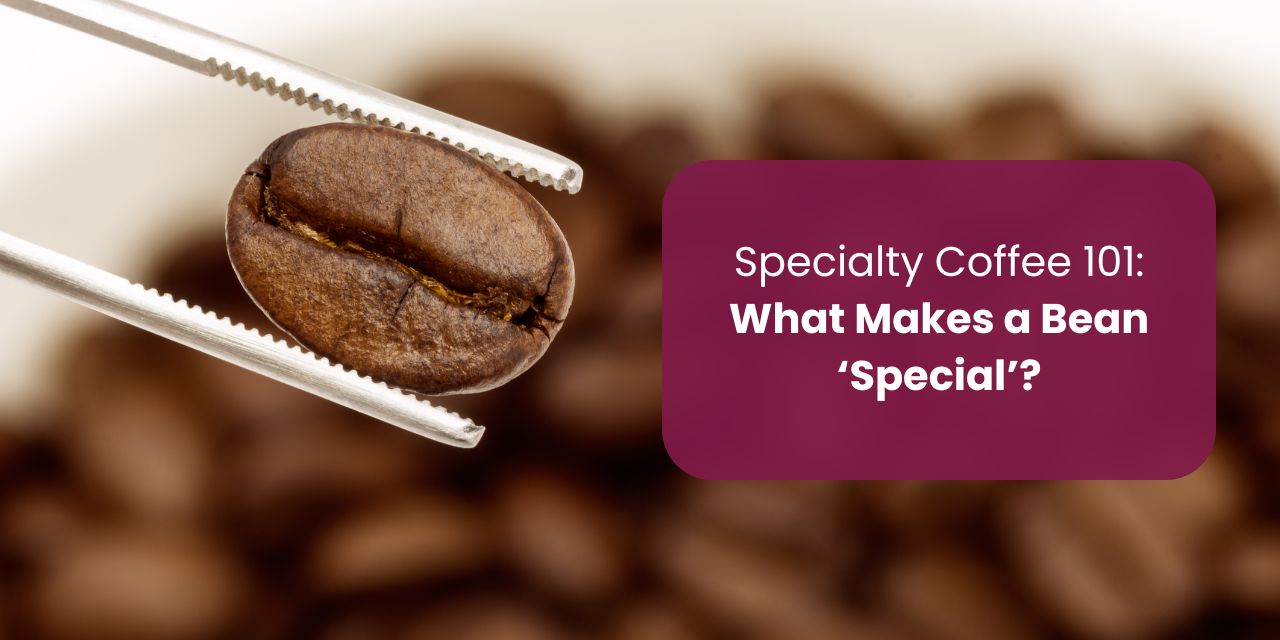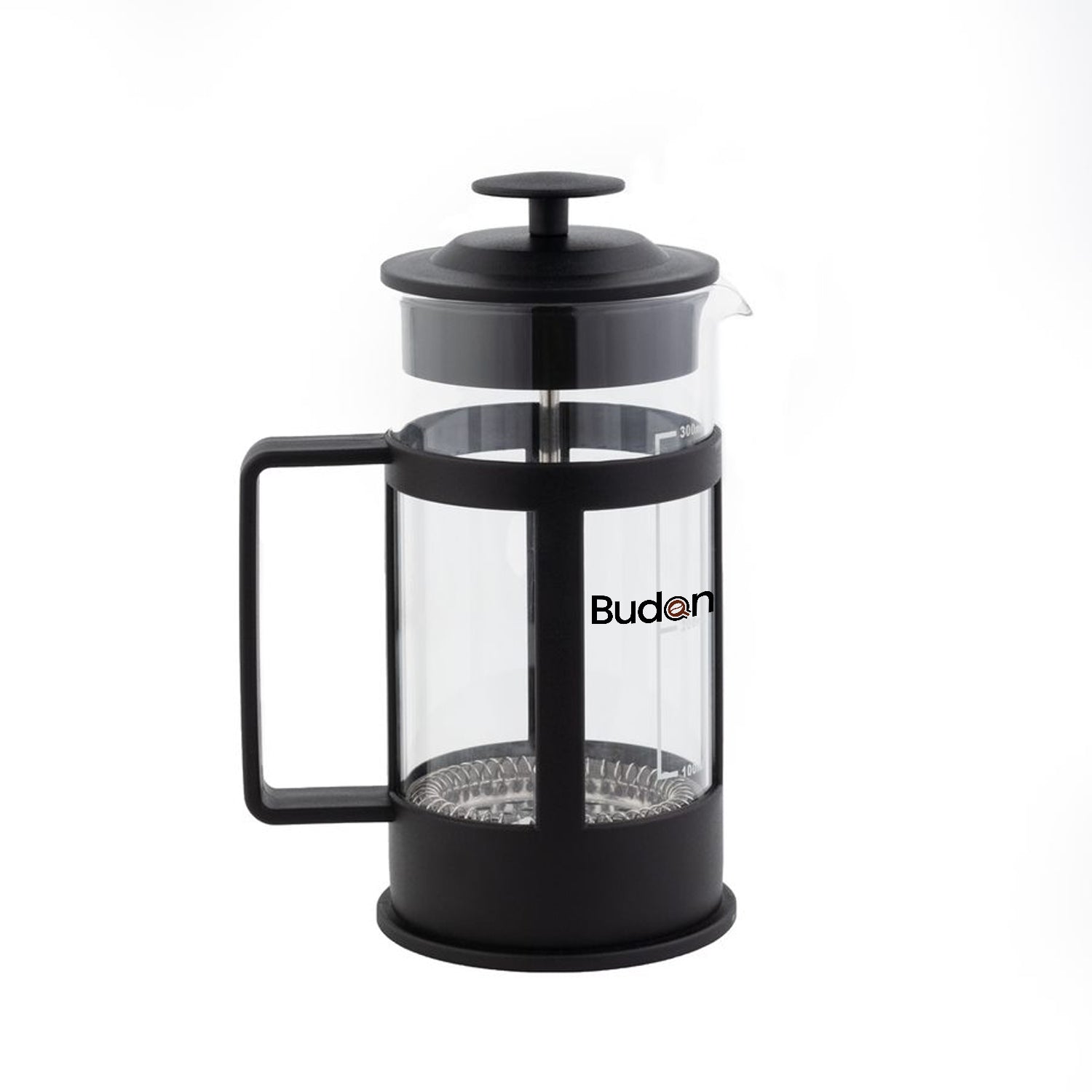Coffee is more than just a morning pick-me-up. Behind every cup lies a journey of farming, harvesting, roasting, and brewing. While most people are familiar with commercial coffee, a growing number of enthusiasts are seeking out specialty coffee — beans that stand out for their exceptional quality, flavor, and traceability. But what exactly makes a coffee bean “special”?
In this guide, we’ll break down everything you need to know about specialty coffee, from its definition to how it differs from regular coffee, and why it has become the gold standard for true coffee lovers.
What Is Specialty Coffee?
The term specialty coffee was first coined in the 1970s by Erna Knutsen, a pioneer in the coffee industry, to describe beans with unique flavor profiles grown in special microclimates. Today, it refers to coffee that scores 80 points or higher on a 100-point scale by the Specialty Coffee Association (SCA).
Specialty coffee is not just about taste; it’s about quality, consistency, and sustainability across the entire supply chain — from the farm to your cup.
How Specialty Coffee Is Scored?
Specialty coffee must meet rigorous quality standards. The SCA uses a grading system based on aroma, flavor, acidity, body, and balance. Here’s how it works:
-
80–84.99 points: Very Good
-
85–89.99 points: Excellent
-
90–100 points: Outstanding (rare, highly prized beans)
Defects are also carefully evaluated. For a coffee to qualify as specialty, it must have no primary defects (such as black beans or foreign matter) and very few secondary defects. This ensures the beans are of the highest quality.
What Makes a Coffee Bean ‘Special’?
Several factors contribute to whether a coffee bean earns the specialty label. Let’s look at the key elements:
1. Origin and Terroir
Specialty coffee is deeply tied to its place of origin. Just like wine, the region where the coffee is grown — including altitude, soil type, and climate — directly affects its flavor.
-
Ethiopia: Fruity, floral, tea-like flavors
-
Colombia: Balanced, nutty, caramel sweetness
-
Kenya: Bright acidity, berry-like notes
-
Panama (Geisha): Exotic, floral, complex
Traceability is a hallmark of specialty coffee. Bags often list not only the country but also the specific region, farm, or cooperative where the beans were grown.
2. Altitude
Higher altitudes typically yield more complex flavors. Cooler temperatures slow bean maturation, allowing sugars and acids to develop more fully. This leads to bright, fruity, and floral profiles often found in high-scoring specialty coffees.
3. Processing Method
The way coffee cherries are processed after harvesting also influences whether a bean can be considered specialty:
-
Washed (Wet Process): Clean, crisp flavors
-
Natural (Dry Process): Fruity, wine-like notes
-
Honey Process: Sweet, balanced characteristics
-
Experimental (Anaerobic, Carbonic Maceration): Intense, unique flavor experiences
Specialty coffee producers often experiment with processing to bring out new flavor profiles.
4. Harvesting Practices
In commercial coffee, cherries are often strip-picked (all cherries — ripe or unripe — harvested together). In contrast, specialty coffee is typically hand-picked, ensuring only ripe cherries make it into the lot. This selective harvesting reduces defects and enhances flavor quality.
5. Roasting Approach
Specialty coffee roasters focus on bringing out the unique characteristics of each bean rather than roasting for uniformity or boldness.
-
Light Roasts: Highlight delicate, origin-driven flavors.
-
Medium Roasts: Balance sweetness and acidity.
-
Dark Roasts (less common in specialty): May mask origin notes but highlight body and richness.
Roasters often provide detailed information on the coffee bag about origin, roast date, and tasting notes.
6. Sustainability and Ethics
Specialty coffee is closely linked with sustainability and ethical sourcing. Many specialty roasters practice direct trade, building relationships with farmers and ensuring fair compensation. Certifications like Organic, Fair Trade, or Rainforest Alliance may also appear on specialty coffee bags, though direct transparency often goes beyond these labels.
How Specialty Coffee Differs from Commercial Coffee?
To understand why specialty coffee is special, it helps to compare it to commercial-grade coffee (sometimes called commodity coffee).
|
Feature |
Specialty Coffee |
Commercial Coffee |
|
Quality |
80+ SCA score, minimal defects |
Lower grades, many defects |
|
Traceability |
Farm or cooperative-level |
Often just “Colombian” or “Brazilian” |
|
Flavor |
Complex, diverse, origin-driven |
Flat, bitter, generic |
|
Harvesting |
Selective, hand-picked |
Mass-harvested, strip-picked |
|
Price |
Higher, reflects quality and farmer pay |
Lower, focused on volume |
|
Freshness |
Roast date printed |
Best-before date, sometimes months old |
In short, specialty coffee prioritizes quality over quantity, while commercial coffee prioritizes volume and consistency.
The Experience of Drinking Specialty Coffee
Specialty coffee isn’t just about taste; it’s about the experience. When you brew a cup, you’re tasting the result of careful farming, processing, and roasting decisions.
For example, a natural-processed Ethiopian coffee might surprise you with blueberry and jasmine notes, while a washed Colombian coffee could delight you with balanced caramel and citrus flavors. These are not artificial flavors but natural expressions of the bean’s terroir.
For many, discovering specialty coffee is like discovering fine wine for the first time — a whole new world of flavors and appreciation opens up.
Why Specialty Coffee Matters?
Beyond taste, specialty coffee matters because it supports better practices across the supply chain:
-
For Farmers: They receive higher prices for higher-quality beans, improving livelihoods.
-
For the Environment: Many specialty farms use sustainable practices that protect ecosystems.
-
For Consumers: Drinkers enjoy fresher, better-tasting coffee with transparency about its origin.
By choosing specialty coffee, you’re not only treating yourself to exceptional flavor but also supporting a more ethical and sustainable coffee industry.
How to Recognize Specialty Coffee?
Next time you shop for coffee beans, here are some clues that point to specialty coffee:
-
Roast Date: Freshly roasted within the past few weeks
-
Origin Information: Country, region, and sometimes even the farm listed
-
Processing Details: Washed, natural, honey, etc.
-
Tasting Notes: Flavor descriptors like “chocolate, citrus, or berry”
-
Transparency: Direct trade, farmer stories, or certifications
Final Thoughts
Specialty coffee represents the pinnacle of coffee craftsmanship. From selective harvesting and careful processing to mindful roasting and ethical sourcing, every step is designed to highlight the unique character of the beans.
What makes a coffee bean “special” isn’t just its flavor — it’s the dedication, transparency, and sustainability behind it. By choosing specialty coffee, you’re not just drinking coffee; you’re participating in a movement that values quality, fairness, and appreciation for one of the world’s most cherished beverages.
So, the next time you sip a cup of specialty coffee, take a moment to savor it. You’re experiencing a bean that truly deserves to be called special.


























